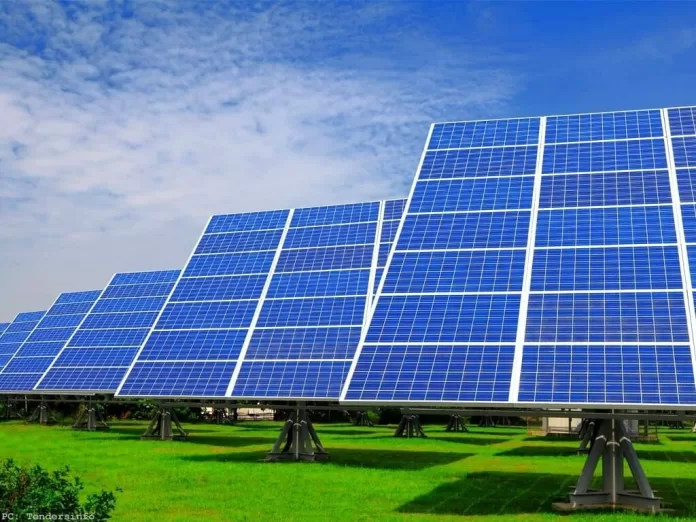In this connection, the Ministry of Industries and Production (MoI&P) has written “Solar Panel and Allied Equipment Manufacturing Policy 2023” to be presented to the cabinet’s Economic Coordination Committee (ECC).
According to the proposed policy, the current acute energy crisis, the global increase in fossil fuel prices, and the accompanying escalation of the country’s energy import bill have put pressure on the balance of payment (BoP). As a result, as part of the Indicative Generation Capacity Expansion Plan (IGCEP), the government is focusing on expanding the percentage of indigenous energy resources from the current 40% to 90.2% by 2031, principally through Renewable Energy (RE) sources. In this regard, the prime minister has authorised the production of 10,000 megawatts (MW) of solar energy to combat electricity shortages. In recent years, the nation has experienced an increase in the usage of solar energy.
Prime Minister Shehbaz deems the switch to solar energy crucial for economic growth.
Investors (both local and foreign) are interested in constructing solar PV Panels and ancillary equipment production plants in Pakistan in response to the anticipated demand for solar modules and related equipment. For local manufacturing to be possible, government assistance is required.
The existing tax and tariff system on the import of solar equipment imposes a 17% sales tax on imports of solar module/panel parts/components, whereas imports of full modules/panels are subject to zero percent customs and taxes. However, India and Turkey implement tariff differentials of up to 40 percent to support their respective domestic industries.
On December 16, 2022, the Prime Minister established a committee on “indigenous manufacturing of solar panels and linked equipment” to facilitate policy formation. In response to the PM Office’s notice of the committee, a consultative meeting was conducted on December 22, 2022 under the leadership of the federal minister for industries and production to discuss the promotion and implementation of solar panel and associated equipment manufacturing policy 2023. Moreover, consultation with stakeholders occurred on several occasions.
The following initiatives are recommended to encourage solar panel and associated equipment production in Pakistan: I a consistent 10-year policy framework to facilitate long-term investment by domestic and international firms; (ii) exemption from import duties and taxes on inputs (CKD and raw materials, sub-components, components, and sub-assemblies) used in the production of solar panels, parts, and allied equipment. Complete solar power systems, including PV modules, batteries, inverters, wires/cables, etc., are currently exempt from customs duty under the fifth schedule of Customs on import; (iii) exemption from all duties and taxes on import of plant, machinery, and equipment for new and BMRE plants used for manufacturing solar panels, parts, and allied equipment. Only solar cell manufacturing equipment is now free from import customs duty under the fifth schedule of Customs. Under the fifth schedule of Customs, solar cells and PV Module components are also free from customs duty for manufacturers, although local producers of inverters, batteries, and linked products are not.
Imports of inputs for equipment/parts are subject to tariffs; (iv) equivalent treatment in Sales Tax for domestic producers and imports. Currently, solar cells and PV modules are exempt from sales tax under the sixth schedule of the Sales Tax Act,1990 on import and supply, whereas local manufacturers are subject to sales tax on import of inputs of solar panels, inverters, batteries, and allied equipment/parts);(v) ten year Tax Holiday for existing, setting up new plants and BMRE of Solar Panel and allied equipment manufacturing concerns; (vi) bank financing/ loans at low interest rates for setting up solar panel and allied equipment manufacturing Until then, local industry may be encouraged by financing the testing/certification of their goods by international laboratories in other nations; and (x) the establishment of an Implementation and Review Committee to oversee the programme.
According to the sources, the planned strategy is intended to support the local economy. With the help of this strategy, the government should be able to give its citizens clean, cheap energy, deal with problems caused by climate change, reduce CO2 emissions, save foreign currency, and help exports grow through domestic and international investments. The suggested project will also stimulate commercial activity in current industrial sectors such as aluminum, frames, tempered glass, and cable, among others.





